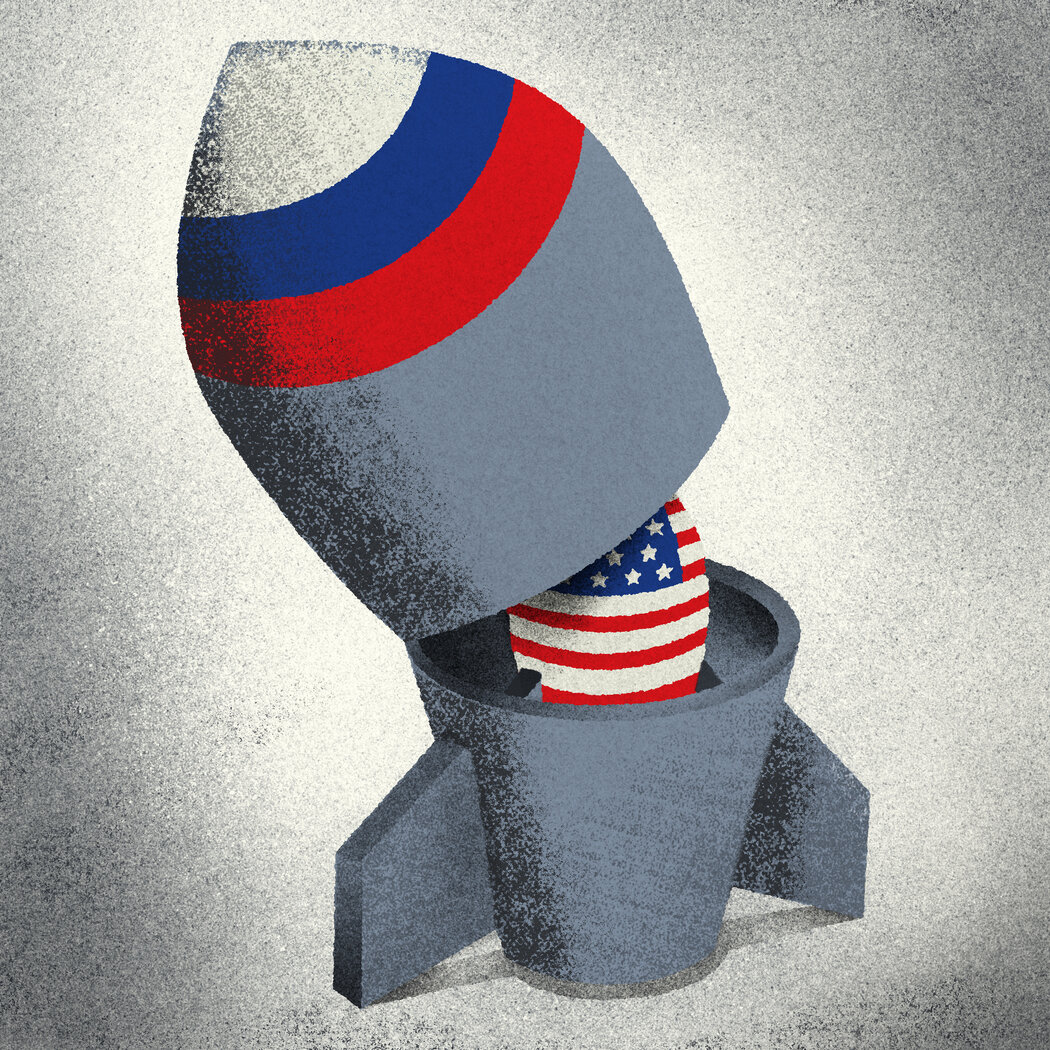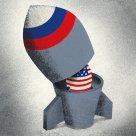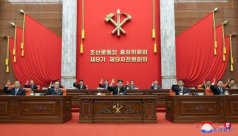
In order to prevent Russia and China from using US equipment to strengthen national defense strength, the U.S. government has formulated strict regulations, but it is full of vulnerabilities in implementation.So we see that the equipment made in the United States is still endless in Russia's missile factories and Huawei's supply chain.The current approach is still not enough in the situation of the European war that continues to be continued and China's constant threats to neighbor countries.
The top equipment required for precision metal processing and semiconductor manufacturing in the United States and its allies.With the intensification of international tensions, the United States and its allies have tried to prohibit opponents from using these devices to create weapons to destroy US military advantages. This is the correct approach.In October 2022, the United States implemented restrictions on US companies that sell and maintain chip manufacturing equipment below 14 nanometers. These devices cover the chips required to build supercomputers and train cutting -edge artificial intelligence models.Uses of chip technology of artificial intelligence system.When Russia invaded Ukraine in 2022, the United States and its allies tightened their sales of cutting -edge machine tools to prevent them from being used for military purposes.
But strict regulations on paper have not prevented Russia and Chinese companies from purchasing machinery and equipment made in the United States.Industry analysts believe that Chinese chip manufacturers have successfully used imported equipment to produce more advanced chips.In Russia's national defense companies, a large number of metal processing equipment in the West and Japan was found. These factories were produced in large quantities of weapons and equipment used to attack Ukrainian cities.
These Western companies point out that after their equipment is legally sold to a customer, the relevant equipment is sold to Russia or Chinese defense enterprises in Russia or China without knowing it.These companies claim that once the machine arrives in the hands of customers, they cannot control their usage.
At present, the US Department of Commerce is trying to implement export control through field access to see if they violate relevant regulations.However, an agreement signed by the United States and China in 2004 allows only two US export control officials to work in China.The two officials conducted an average of 55 field visits each year, and the verification volume accounted for about 1%of all permits.Even if they were able to go to the facilities, there were more than 100 days from the application to obtaining approval, which made relevant companies have enough time to do their hands and feet.The effect of the inspection system of most American allies is even worse. This is why there is a large proportion of the restricted devices that arrived in Russia today.
We can't expect the fox to guard the chicken house, even if it is a fox registered in the United States.We believe that some Western companies may not be willing to know too much about customers so that they can open their eyes and close their eyes.In addition, companies are facing business motivations to ensure customer data confidentiality.Because of this, self -supervision has been difficult to work.
So how should the West strengthen the execution level?Enterprises that manufacture controlled equipment should be forced to install positioning devices for tampering in the product.Apple AIRTAG is less than $ 30.These manufacturers with millions of dollars in equipment can definitely find an economical and effective way to integrate government -approved positioning functions into their military -civilian dual -purpose equipment and provide real -time verification to the Ministry of Commerce.Ideally, if the prohibited equipment is transferred to Russia or the prohibited Chinese factories, the equipment will automatically stop operation.At least, investigators should be able to get tracking records at the location where the equipment is located.
The positioning function is not enough.The highest level of production equipment on software is no less dependent on precision drills.Metal processing equipment for manufacturing aircraft and artillery has a complex computer control system.Technically, this can not only learn the location of the device, but also know their purpose.
The United States needs key manufacturing allies such as Japan and Germany to form a united front.After all, there are news reports that Japanese manufacturing equipment has appeared in a nuclear research facility in China.The government of Biden should promote the internationalization of these stricter regulatory measures with major allies in Europe and Asia.
More requirements for the company are not as precedents.The U.S. Treasury Department had fined billions of dollars in the banking industry because they facilitated the transfer of funds to terrorist organizations and drug trafficking groups.Faced with huge fines, banks made considerable investment in compliance operations.As the first line of defense, some banks are not allowed to use VPNs on their websites so that they can locate the request and prevent transactions in the sanctions countries/regions.It is not difficult to require Western equipment manufacturers to implement similar control measures.
During the Cold War, Western Metal processing equipment has implemented extensive control measures to prevent them from being used in the military purpose of the Soviet Union.Strengthening the importance of mechanical export control today is one of the most cost -effective methods to effectively limit the military strength of the opponent.In the face of revenge Russia and hostile China, we need to use these means again, otherwise our equipment will continue to be used to build their army.
Chris Miller is the author of chip war, and is also an associate professor of the Fleche College of Tavz University and a very senior researcher at the American Institute of Enterprise.Jordan Schneider is the founder of "Chinese Dialogue". This is a podcast and news email about scientific and technological policies and US -China relations.
Translation: New York Times Chinese website



